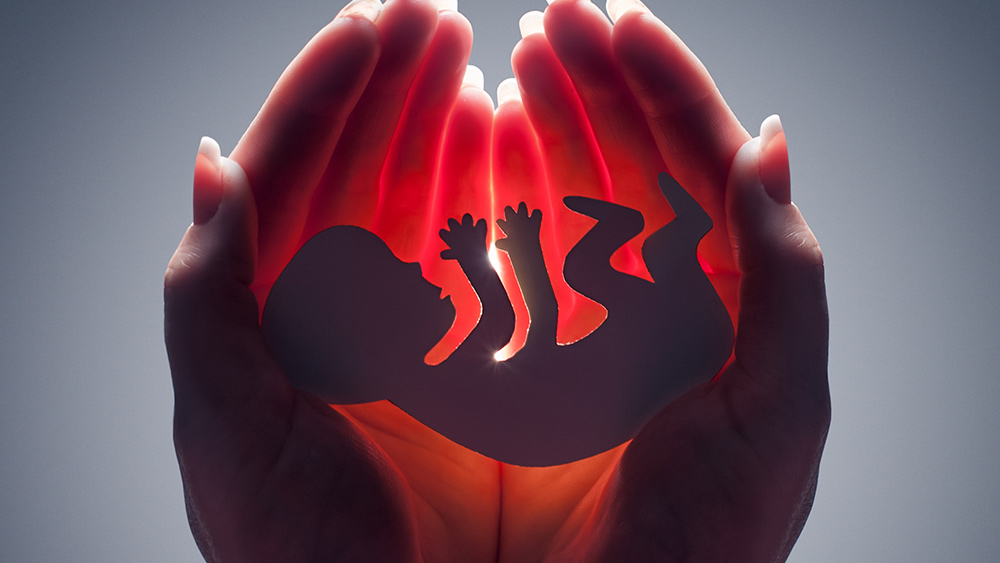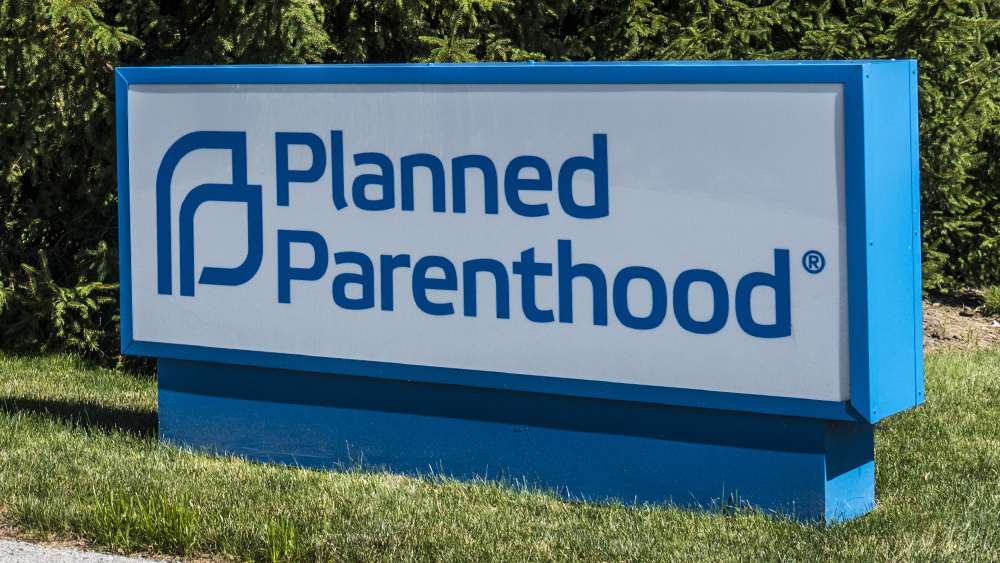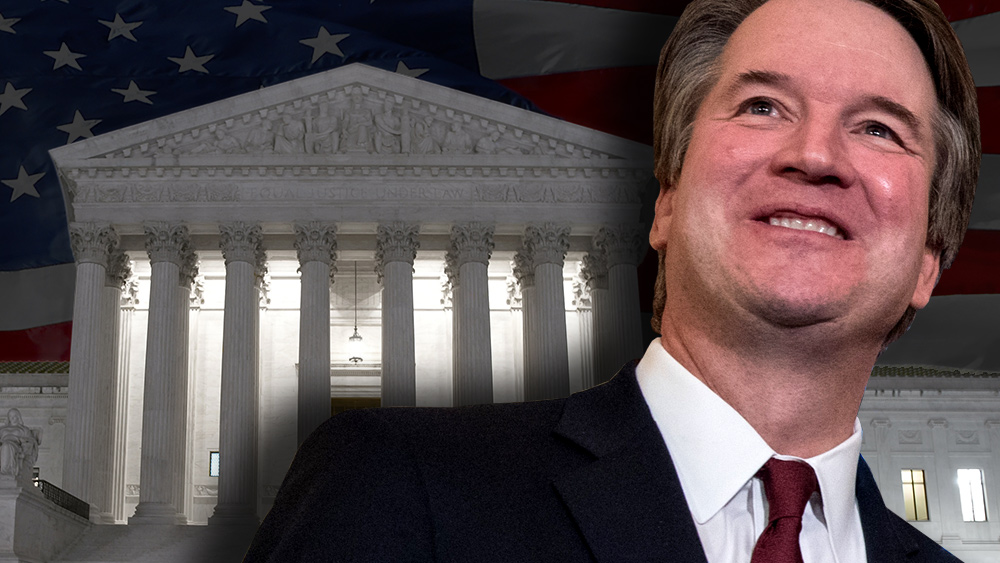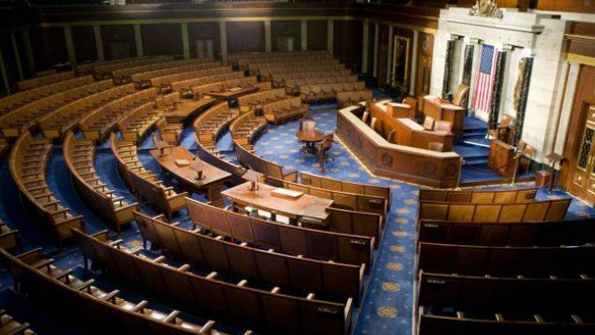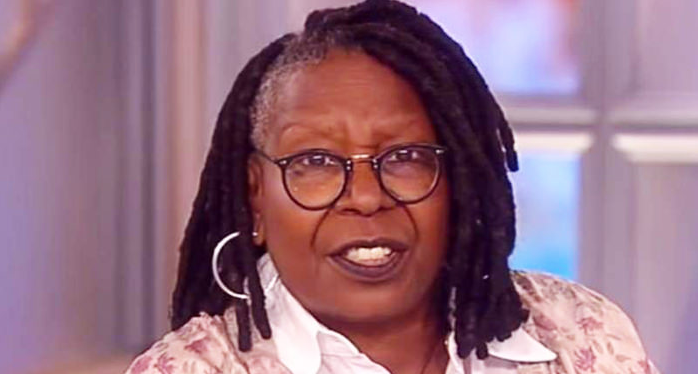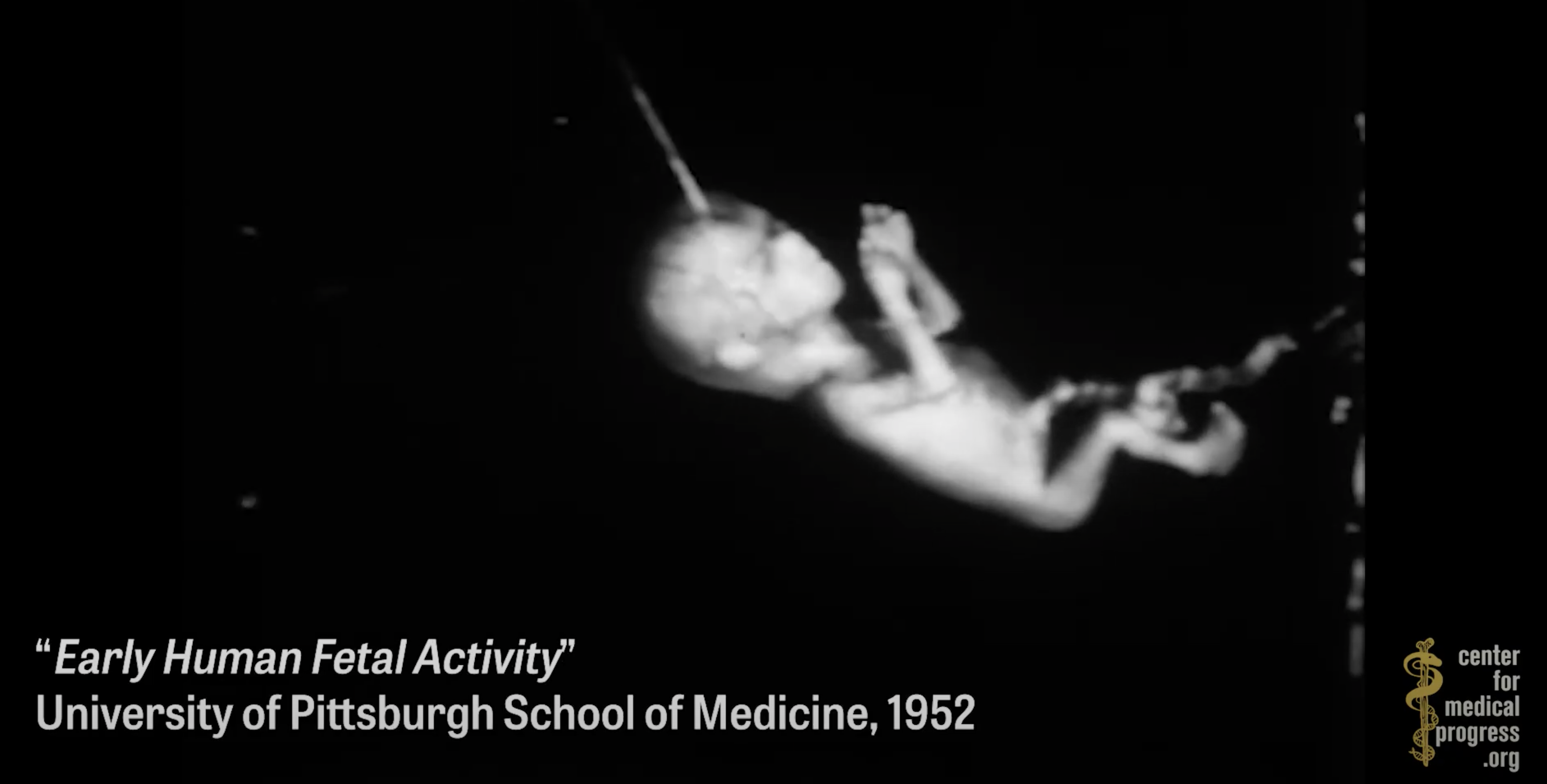Why justifying abortion is like justifying slavery
12/14/2020 / By News Editors

He was personally opposed to slavery. But supported your right to buy slaves. This was the position of Illinois Senator Stephen Douglas who lost his bid for President to Abraham Lincoln in 1860. Douglas believed it was the “right” of each state to determine whether they would enslave blacks or not.
(Article by Seth Gruber republished from LifeSiteNews.com)
How did Douglas reach this evil position? Well, Douglas had assumed the premises of positive law, which suggests that rights come from government. If Southern states did not count slaves as bearers of rights, that was the end of it. But assumed premises–especially when undetected–can destroy a nation.
Today, I’m going to argue that assumed premises are killing us as a Republic.
Our nation–with little fanfare and almost without notice–has assumed a premise completely at odds with the American founding: namely, that fundamental rights are a creation of the state. As Hadley Arkes explains, “many Americans, and especially members of the political class, have come to talk themselves out of the premises of the American Founders and Lincoln..” Like Douglas, many Americans today have unconsciously absorbed premises at odds with the philosophy of this republic.
And what is that philosophy? Well, it’s the philosophy that makes America truly exceptional! Our Founders contrasted natural rights with merely legal (positive) ones. Natural rights are those rights you possess simply because you are human. These basic rights flow from your humanity and you have them from the moment you begin to exist. For example, you have a natural right not to be harmed without justification (unless you’re unborn), as well as a natural right not to be convicted of a crime without a fair trial. Government doesn’t create these basic rights. Rather, government’s job is to recognize and protect them.
Conversely, legal (positive) rights are those you gain only through age or achievement, such as the right to drive or vote. For example, I do not have a right to vote in the next British election because I’m not a citizen of that fine nation. But surely I do have a right not to be gunned down in the street next time I visit London.
Our founders fled a country built on the premises of positive rights in order to craft a new nation built upon natural rights and the recognition of their source (God). This is why America is exceptional and why even today, 244 years after the founding of this country, people from all over the world want in.
American exceptionalism does not entail that we think Americans are always right or that by nature we are superior to any other human. But it does mean that we’re convinced that the ideals of the American founding—most notably, the doctrines related to the natural rights of men—represent the best hope for all nations.
And yet, tragically, this year has proven how far many Americans and members of our political class have fallen from the doctrine of natural rights.
We’ve seen this in America’s major cities, whose leaders refuse to protect the natural rights of their citizens to property: against the theft, looting, and burning by people convinced that America is not exceptional, but evil.
We see this across many of our States, whose governors through their draconian policies are ignoring the natural rights of their people to liberty: to work, to freely associate where they choose, to run their businesses in accordance with their best judgement.
But nowhere is this attack on natural rights and embrace of positive rights more dangerous and deadly than the issue of abortion, which denies human beings that first and most important of all natural rights, from which all the rest flow: LIFE itself.
Secular liberals and members of the Left insist that abortion is a fundamental human right that the state should not infringe upon. But where does this alleged right to an abortion come from? If abortion is a positive right that exists only insofar as it is granted by the government, then the abortion advocate cannot really complain if the State does not permit her an abortion. For the same government that grants rights can take them away.
However, if abortion is a natural right, a right that springs from our human nature, then the abortion advocate had that right from the moment she began to exist – the moment of conception. As Arkes points out, we are left with an amusing paradox: According to the logic of abortion-advocates, unborn women do not have a right to life but they do have a right to an abortion! Ridiculous! How could “human rights” exist where the right to life doesn’t?
The distinction between natural and legal rights underscored the famous debates between Abraham Lincoln and Stephen Douglas. At issue was the question: Were the rights mentioned in the Declaration of Independence natural ones or were they merely the creation of positive law? Lincoln argued for natural law. The claim “All men are created equal” meant a man cannot own another man the way a man owns a dog. Douglas argued for positive law, suggesting that who was and was not a bearer of rights depended on popular sovereignty.
But as Lincoln pointed out elsewhere, in their willingness to justify the enslaving of Blacks, Southerners were blindly putting into place premises that would justify their own enslavement. The argument for slavery could not be confined to Blacks. In fact, it worked equally well to enslave Whites.
You say ‘A’ is white and ‘B’ is black. It is color, then: the lighter having the right to enslave the darker? Take care. By this rule, you are a slave to the first man you meet with a fairer skin than your own. But you say it is a question of interest, and, if you can make it your interest, you have the right to enslave another. Very well. And if he can make it his interest, he has the right to enslave you.
In the same way, many arguments used to justify the taking of unborn human life work equally well to justify killing people outside the womb. In short, the right to kill unborn human beings cannot be confined to the womb.
But whether it’s slavery or abortion, the philosophy is the same: the sinister and un-american belief that NOT ALL humans are persons.
As slavery was a litmus test of our republic in the 19th century, so is abortion today. Abortion is evil for the same reasons that slavery is evil: It denies the personhood of its victims to justify their mistreatment. As long as our country continues to deny the natural right to life to an entire class of human beings, our own rights will constantly be endangered by modern jurists and a ruling class whose jurisprudence is completely foreign to that first generation of judges.
By accepting the premises of positive law, that the right to life itself is dependent on popular sovereignty, our country will inevitably leave all questions regarding who is and is not a human being with rights to those with political power. For if some human beings can be denied a right to life (in this case unborn humans), then why not any other class of human beings?
If we don’t ground our natural rights in our shared human nature, which began at conception, we will not be able to offer a moral justification for any of our other rights. By ignoring the natural right to life that all human beings have, we should not be surprised when our government ignores every other right that flows from that first and most important of all rights.
What does all this mean? It means that the pro-life movement while fighting to end the injustice of abortion, is also answering that most fundamental of all human questions: Who counts as one of us? The founders answered that question: “We hold these truths to be self-evident that all men are created equal.” This truth provided the moral framework for Lincoln and the abolitionists to purge the evil of slavery from our country and it will provide the same framework for us to abolish the evil of abortion.
How then can one argue for American exceptionalism in the face of our country’s historic sin of slavery and our modern sin of abortion? It’s quite simple. It is not the individual actions of Americans that determine our country’s greatness. It is her principles. Her ideas. And her unique place in history for enshrining natural rights into the DNA of our Republic. This is why we sing “America, America, God shed his grace on thee.”
We must recapture what Lincoln grasped as self-evident, that in accepting the institution of abortion-on-demand and the premises that make it plausible in the first place, namely that not all humans are created equal, our Republic is “putting in place the premises that will justify our own enslavement.”
As long as a pure majority can create or deny rights to some people, there can be no natural rights that apply to all people. We must eradicate abortion for the same reasons we eradicated slavery. One, for the gross inversion of the natural order that it represents. And two, by ensuring that the promises of the Declaration are granted to the unborn, we further enshrine freedom for all people. Lincoln communicated all of this in once sentence speaking before Congress on December 1, 1862: “In giving freedom to the slave, we assure freedom to the free.” Today we might rephrase that timeless truth and say: In giving life to the pre-born, we assure life to the born!
Either we believe each and every human being has a right to life or we don’t. If we believe that, then like Lincoln, we better be able to say why! And we’re not going to find our answer in positive law. It will only be found in our common human nature.
Read more at: LifeSiteNews.com
Submit a correction >>
Tagged Under:
abortion, Child abuse, crime, health, liberty, mental health, Planned Parenthood, pregnancy, slavery, violence
This article may contain statements that reflect the opinion of the author
RECENT NEWS & ARTICLES
COPYRIGHT © 2017 INFANTICIDE.NEWS
All content posted on this site is protected under Free Speech. Infanticide.news is not responsible for content written by contributing authors. The information on this site is provided for educational and entertainment purposes only. It is not intended as a substitute for professional advice of any kind. Infanticide.news assumes no responsibility for the use or misuse of this material. All trademarks, registered trademarks and service marks mentioned on this site are the property of their respective owners.





